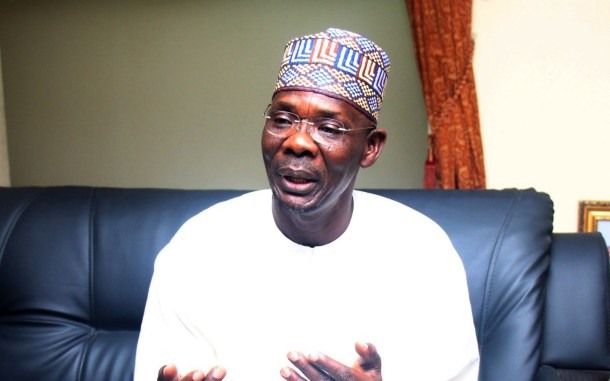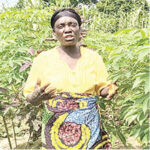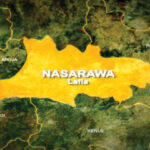Nasarawa State Governor, Abdullahi Sule, has appealed to the International Fund for Agricultural Development (IFAD), World Bank and the federal government to jointly support women smallholder farmers and out-growers in the state.
He made the appeal while playing host to the Market Enterprise Development Advisor, Hajiya Fatima Mukthar Buhari, at the Government House, Lafia.
According to the governor, with Nasarawa State being predominantly agrarian, coupled with the commercial agriculture drive of his administration, IFAD’s support can go a long way towards value chain addition.
He added that the inclusion of Nasarawa State among the nine states that will benefit from the IFAD’s intervention was not by accident because Nasarawa has the agricultural potentials to take over from Benue State as the food basket of the country.
“By the time most of our commercial agriculture, as well as the small holder farming programme are fully incubated, Nasarawa state will take over from Benue as the food basket of the nation,” the governor said.
He was optimistic that by the time the Dangote Sugar refinery in Awe Local Government Area, covering 68 hectares of land, as well as the 10, 000 hectares of land in Doma, owned by the Olams Food, fully come on stream, the state will require support in the areas of value chain addition, as well as support for out growers who are mostly women.
“We want IFAD and the World Bank to support the women, because women are excellent farmers of rice,” the Governor stated.
Governor Sule pointed out that as it is the practice around the world, in Thailand and India, women can also play key roles as out growers, adding that IFAD, FG and the World Bank can come together and support women in the state.
Earlier, Hajiya Fatima Mukhtar Buhari, disclosed that Nasarawa State was selected by IFAD among eight other states because of its enormous agricultural potentials and support of small, medium and large scale businesses.
She said the visit was part of implantation support mission of IFAD and value chain development programme, which focuses on enhancing productivity and profitability of small holder farmers and small scale agro processors by improving the access to market and capacity.
According to the MEDA, 63 local government areas across the selected nine states, 100,000 households, 91,000 small holders farmers, 8,000 processors and 1,000 traders will benefit from the intervention, aimed at reducing poverty.

 Join Daily Trust WhatsApp Community For Quick Access To News and Happenings Around You.
Join Daily Trust WhatsApp Community For Quick Access To News and Happenings Around You.

